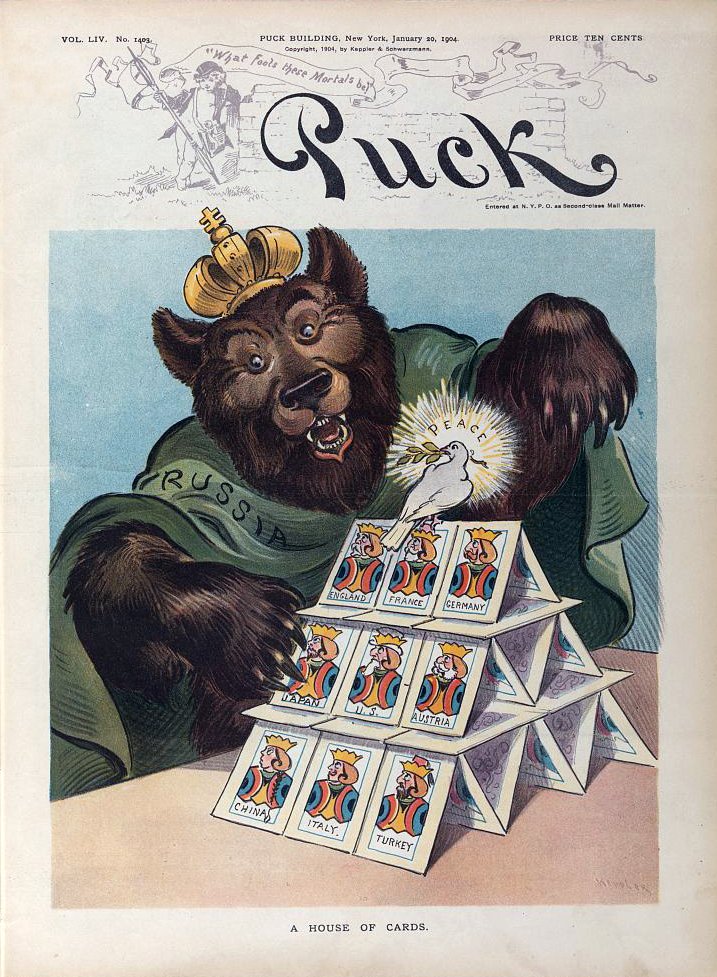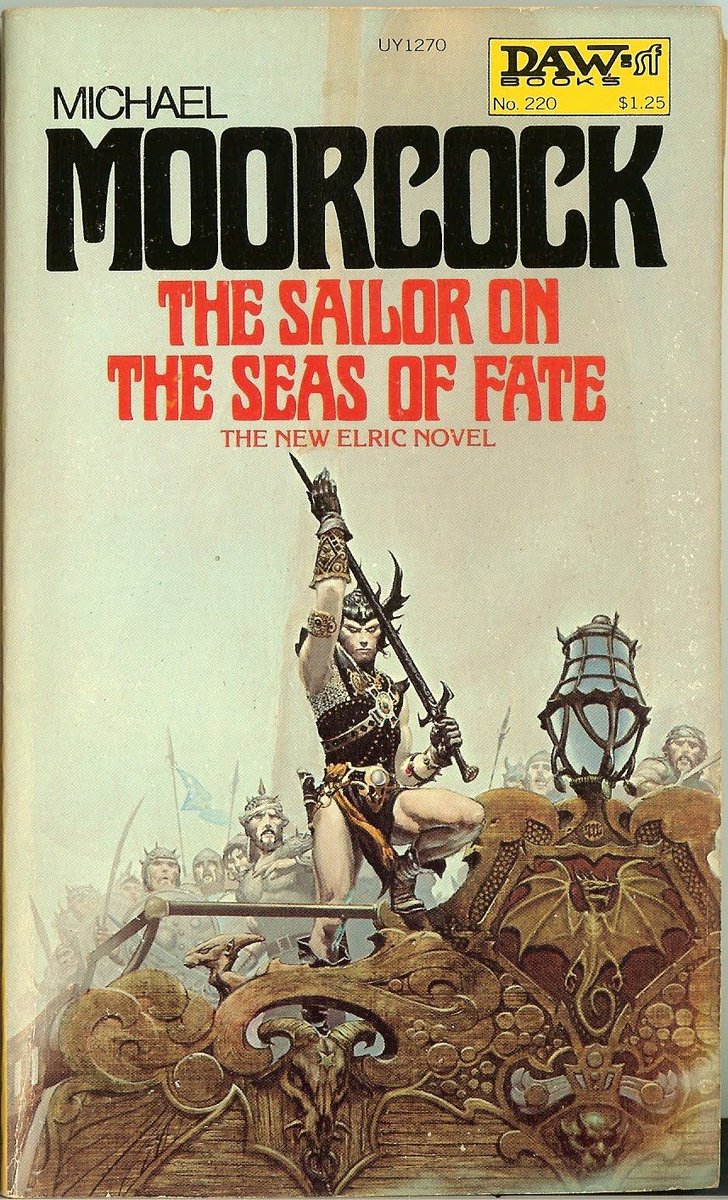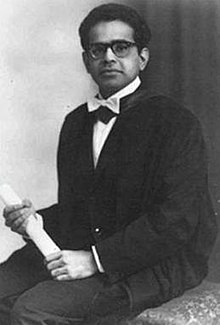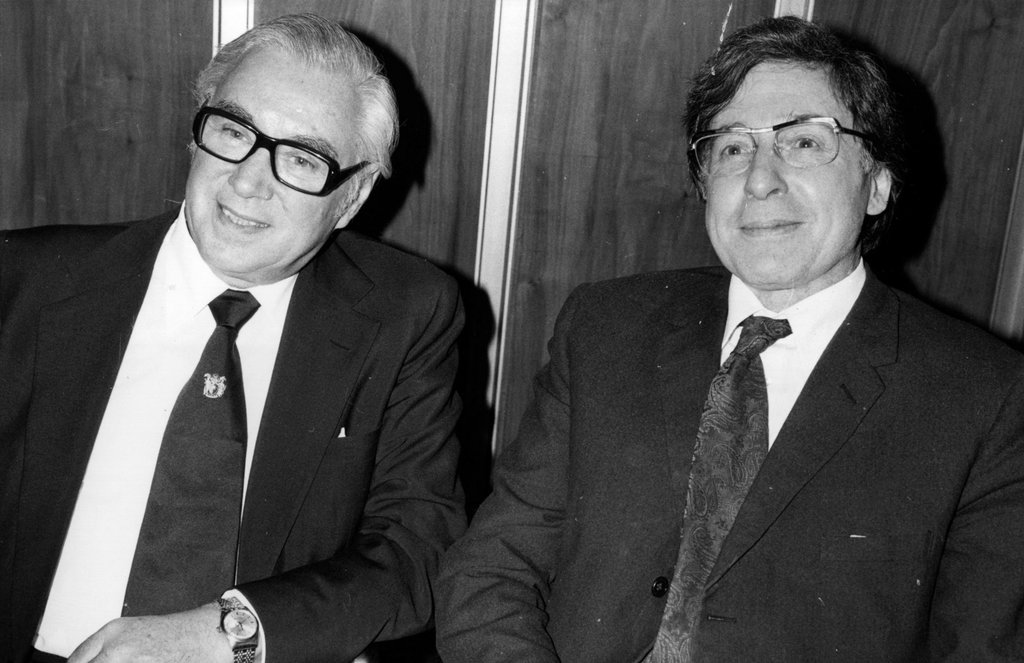“Across central and eastern Europe, many of the democracies that emerged at the end of the cold war have been transformed into conspiracy-minded majoritarian regimes.”
No single factor can explain the simultaneous emergence of authoritarian anti-liberalisms in so many differently situated countries.
Yet resentment at liberal democracy’s canonical status and the politics of imitation in general has played a decisive role.
The very conceit that “there is no other way” provided an independent motive for the wave of populist xenophobia and reactionary nativism that began in central and eastern Europe, and is now washing across much of the world.
The enthusiastic copying of western models, accompanied as it was by the evacuation of Soviet troops from the region, was initially experienced as liberation.
But after two troubled decades, the downsides of this politics of imitation became too obvious to deny.
By 2010, the central and eastern European versions of liberalism had been indelibly tainted by two decades of rising social inequality, pervasive corruption and the morally arbitrary redistribution of public property into the hands of small number of people.
Liberalism’s reputation in the region never recovered from 2008.
The global financial crisis greatly weakened the case, still being made by a handful of western-trained economists, for continuing to imitate American-style capitalism.
Confidence that the political economy of the west was a model for the future of mankind had been linked to the belief that western elites knew what they were doing.
Suddenly it was obvious that they did not.
The passage of time has erased from the collective memory the even darker sides of European illiberalism.
Meanwhile, ruling parties like Fidesz in Hungary and PiS in Poland seek to discredit liberalism in order to deflect from legitimate charges of corruption and abuse of power.
To justify dismantling the independent press and judiciary, they claim that they are defending the nation against “foreign-hearted” enemies.
The origins of populism are undoubtedly complex. But they partly lie in the humiliations associated with the uphill struggle to become, at best, an inferior copy of a superior model.
Discontent with the “transition to democracy” in the post-communist years was also inflamed by visiting foreign “evaluators” who had little grasp of local realities.
In Germany, the AfD was launched in response to Angela Merkel’s offhand claim that her monetary policy was “alternativlos” (“without alternative”).
According to George Orwell, “All revolutions are failures, but they are not all the same failure.”
The left praised these velvet revolutions as expressions of popular power. The right extolled them as a triumph of the free market.
Liberals were proud to associate liberalism, routinely ridiculed as an pro-status quo ideology, with the romance of emancipating change.
In the late 1970s, when the German poet Hans Magnus Enzensberger visited Hungary and spoke with some of the best-known critics of the communist regime, what they told him was: “We are not dissidents. We represent normality.”
Adam Michnik’s post-communist slogan was “Liberty, Fraternity, Normality”.
After decades of pretending to expect a radiant future, the main goal of the dissidents was to live in the present and to enjoy the pleasures of everyday life.
Encouraged by hopes of joining the EU, the reformers underestimated the local impediments to liberalization and democratization and overestimated the feasibility of importing fully worked-out western models.
When rapid westernisation did not magically materialize, an alternative solution began to gain favour.
Leaving with one’s family for the west became the preferred option.
A revolution that defined its principal goal as westernization could offer no persuasive objections to westward emigration.
Why should a young Pole or Hungarian wait for his country to become one day like Germany, when he can start working and raising a family in Germany?
It is impossible to imagine that, after the victory of the Bolshevik Revolution, Trotsky would have decided to enrol at Oxford to study.
But this is what the future Hungarian prime minister Viktor Orbán and many others did.
The massive flow of population out of the region in the post-cold war period, especially because so many young people were the ones voting with their feet, had profound economic, political and psychological consequences.
Youth exit may also explain why, in many countries across the region, we find beautiful EU-funded playgrounds with no kids to play in them.
In 2014, Klaus Iohannis, a liberal-minded ethnic German, was elected president of Romania because the 300,000 Romanians living overseas voted massively in his favor.
On 24 August 2015, Merkel decided to admit hundreds of thousands of Syrian refugees into Germany.
Only 10 days later, on 4 September, the Visegrád group – the Czech Republic, Hungary, Poland and Slovakia – declared that the EU’s quota system was “unacceptable”.
Anxiety about immigration is fomented by a fear that supposedly unassimilable foreigners will enter the country, dilute national identity and weaken national cohesion.
Fear of diversity and fear of change, inflamed by the utopian project of remaking whole societies along western lines, are thus important contributors to eastern and central European populism.
Populists in Warsaw and Budapest seem to have turned the refugee crisis in the west into a branding opportunity for the east. Citizens will stop leaving for the west only if the west loses its allure.
If the liberal consensus of the 1990s was about individual legal and constitutional rights, the anti-liberal consensus today is that the rights of the threatened white Christian majority are in mortal danger.
We are the real Europeans, Orbán and Kaczyński repeatedly claim, and if the west will save itself, it will have to imitate the east.
“Populism is not easy to define, the roots of its success are varied, and its adherents do not represent a single ideology, even if they all criticize uncontrolled migration, especially of Muslims.”
https://t.co/Al0QuJFLVi
Two distinct forms of opposition to the so-called Liberal International Order (LIO) are in fact working in tandem to undermine it from within,
https://t.co/zwAcZ54Uuh
The LIO promised to remove social and economic inequalities between the West and the non-West created by previous international orders, but never quite managed to achieve equality within its own order.
States in the semi-periphery blame the LIO for perpetuating the modern international system's historical hierarchies, and they resent its failed promises of equality.
By contrast, in the core, discontented groups blame the LIO (and its elites) for stating aspirations of equality, which they resent for undermining or failing to protect historical hierarchies privileging Western supremacy.
The LIO is not being bested by a rival (yet) but rather is being hollowed out by recognition grievances at a time when challenges such as climate change and the COVID-19 pandemic make our need for a working international order more acute than ever.
In fields outside of international relations theories, such as philosophy, recognition is seen as a vital human need to be known, understood, and affirmed.
International status competitions become a means for states to simulate a solution; if states rank high in international hierarchies, their citizens feel relatively recognized even if their individual situations are not ideal.
When social recognition, expressed in social and symbolic markers of status, fails to match the acquired material state, the result is “status inconsistency,” which breeds resentment.
What makes the LIO different from previous orders is that, at least rhetorically, it disavows hierarchy, especially in terms of recognition.
Many semi-peripheral (and non-Western) states that previously lost their historical stature vis-à-vis the core, continue to feel misrecognized within the LIO, resenting it for its lack of progress.
Some members of majoritarian racial or national groups feel increasingly threatened by immigration, the domestic extensions of civil rights, the growing recognition of previously “out-groups”.
As the distance between these core constituencies and domestic political elites grows, they increasingly disavow the LIO as a “bureaucracy” that did not exist when “times were better” and when they were symbolically privileged.
In reality, these voters suspect the LIO of undermining the dominant position of their nation — and of the West more generally —within international hierarchies.
The making of the LIO was largely an elite project, possible because of a “permissive consensus”: the idea that the public does not have clearly defined preferences regarding foreign policy.
Many diplomats (and scholars) in the early years after World War II considered ordinary people to be uninterested in or incapable of forming opinions about foreign policy.
Kennan later came to disavow the militarized implementation of his famous Cold War policy of “containment,” on the grounds that it had opened the door to military overreach and interventionism – dangerous symptoms of universalist foreign policy.
Although considered “realist,” Kennan’s approach to foreign policy is inescapably rooted in his reactionary notion of the falsity of universal notions of human nature and politics and that race and culture were the true sources of human conduct.
Kennan had strong criticism of the masses and implicitly of democracy in general.
He denigrated of what he called popular opinion and thought that it was easily manipulated and swayed.
George Kennan, described by some as the conscience of America, taught that a regime can become dysfunctional by simply becoming too large.
Richard Spencer founded the journal and website Radix in 2012 for the purpose of creating a major outlet for giving a voice to the alt-right.
Kennan makes an appearance in two pieces from 2010 that are now found on the Radix website, both written by a man named Keith Preston.
After Never Trumper Rick Wilson tweeted that he had discovered that his son was enjoying reading some of Kennan’s work, Spencer asked “did your son tell you that Kennan opposed every foreign-policy initiative from Cucks like you?”
In his diary in 1983, Kennan held that his entire 35 year career on influencing U.S. foreign policy had been “misconceived and hopeless, should better never have been undertaken in the first place.”
In the beginning of his memoirs Kennan devoted a section to the discussion of his family, idealizing them as independent and upright pioneer farmers who implicitly represented the best of America.
Eugene V. Rostow, an eminent legal scholar and brother of Walt Rostow, the National Security Advisor under President Johnson, wrote that Kennan “saw himself as part of the intellectual and moral Puritan aristocracy of [Nathaniel] Hawethorne’s imagination.”
Later in his life, Kennan argued for breaking the US government up into twelve regional zones or republics which would consist of “New England; the Middle Atlantic states... Alaska; plus three great self-governing urban regions, those of New York, Chicago, and Los Angeles.”
Kennan's love of White Russia
Kennan in later life expressed very open skepticism about and hostility to immigration in his book Around the Cragged Hill, although hedging his criticism by calling American a nation of immigrants and an immigrant society.
One of Kennan’s greatest fears was the baleful effect of technology on American culture, society, and even racial vigor.
Kennan held that cars were enemies of community and that investment in public transport was necessary in order to restore broader American solidarity.
Cars were forces of pollution, atomism, and social destruction. These were long running ideas for Kennan. In his diary in 1974 he wrote that “the internal combustion engine is now king over man.”
Norway in particular was a country of fascination as an exemplifier of the West for Kennan.
His wife Annelise Sorensen was from Norway and he visited the country dozens of times throughout his life.
Kennan’s fears of technology also had an environmental edge.
In his eyes technology had allowed too many to be people to be born, causing massive overpopulation and ecological problems.
In his diary he wrote that he was deeply influenced by Edward Burke, Edward Gibbon, Alexis De Tocqueville, and Russian literature. Gibbon in particular loomed large for Kennan.
Although economic issues have played a crucial role in the emergence of populist parties in the West and the end of the “permissive consensus,” contemporary articulations of such grievances are also driven by recognition demands.
Western working classes focused on climbing the social ladder, emulating the taste of the upper classes, acquiring material and symbolic goods from cars to education, and engaging in strategies not unlike those adopted by many non-Western states in the 20th century.
Today, by contrast, anxiety among those who see themselves as losers is grounded in deep discontent with politics.
This feeling of abandonment was compounded by the global financial crisis of 2007–2008 and the way that it was managed by the political establishment.
The populist coping strategy successfully mobilizes such anxieties and grievances into a positive social identity centered on the idea of representing the “real people” who are not adequately recognized by the liberal elite.
Populist parties and politicians may differ in ideological programs, ranging through anti-immigration, anti-globalism, anti-Semitism, ultranationalism, and anti-capitalism, and, in Europe, anti-Americanism and Euro-skepticism to secession.
In Continental European countries such as France, Germany, the Netherlands, Italy, Austria, and Sweden, the establishment's use of terms such as “pariah” may ultimately have reinforced the extremists’ populist appeal.
Populism in the West is embedded in feelings of vulnerability and nostalgia that are increasingly expressed in the form of anti-internationalism rather than through traditional left/right party politics.
The 19th century was pivotal in the creation of the modern international order because for the first time economic indicators in “the West” manifestly surpassed those of Asia.
“The West” came to be seen as the center of the world; its standards, from political to cultural, came to define what was seen as “normal,” shaping expectations of how international actors should behave (internally and externally).
Those falling short of these expectations were stigmatized, initially formally via the “Standard of Civilization,” which deprived states not considered “civilized” of equal legal recognition, and later in the 20th century through more informal hierarchies.
In the 19th century, non-Western states, even when independent, had lower legal standing and therefore fewer economic protections than European states and their former colonies settled by whites.
The twentieth century offers examples of two stigma-management strategies.
A few countries attempted to embrace their stigmatization by the core, wearing it as a badge of honor.
However, even within its own sphere of influence, Moscow never managed to overturn the primary narrative underwriting the social hierarchy of the modern international order; that is, the notion that the rest of world had to “catch up” with the West.
By contrast, many more semi-peripheral and non-Western states attempted to move up the international system's social hierarchy by “correcting” their stigmatizing attributes and by joining the status clubs of the West; that is, by assimilating into the “Western order.”
The LIO's attraction for semiperipheral (and non-Western) actors was not merely because of the material benefits offered but also because of issues of recognition and belonging.
Because the appeal of LIO for many was primarily about recognition and acceptance, joining did not require internalization of or acquiescence to liberal norms or rules.
Without substantive persuasion, the resentment at having to perform those norms festered beneath the surface.
Whereas the former thinks the LIO has undermined Western supremacy, the latter sees it yet as another manifestation of Western supremacy.
Taking advantage of these frustrations, Russia waged a multifront disinformation campaign to affect the 2016 US election by supporting political extremist groups inclined to “use any opportunity to criticize Hillary and the rest (except Sanders and Trump — we support them).”
In Germany, the most famous case of pro-Kremlin online disinformation was that of “Our Lisa,” the supposed rape of a Russian-German girl in January 2016 by three “Muslim” or “Arab” men.
Since the end of the Cold War, the global decline of ideologies and party politics associated with that period has lifted barriers to collaborations between groups and states previously in different camps.
“Islamist” Erdoğan's July 2018 presidential inauguration in Ankara, Turkey, was attended by Dmitry Medvedev, Venezuela’s Nicolás Maduro, Orbán, and Serbian President Aleksandar Vučić, leaders running the gamut from supposed “far left” to “far right.”
This cross-fertilization creates ground-up pressures on Western politicians to change their discourses to match, while consolidating authoritarian and semi-authoritarian regimes elsewhere by seeming to corroborate their rhetoric.
Although resentment toward Western domination is not new, what is novel is that current international challengers have in many ways been major beneficiaries of the LIO.
Russia is channeling the two strains of discontent together for a number of reasons.
It is a frustrated former “great power,” with attendant ambitions.
But even more significantly, vis-à-vis the West, it is an actor able to play both sides of the West/non-West divide.
In the Western core of the LIO, Russia occupies a special place in popular and political imagination, unmatched by other non-Western states, who are more overtly seen as outsiders, strangers, or aliens.
Russia is therefore an “Other” for the West but not so much of an “Other” that it cannot be used by some as a model for the West.
For populists in Britain, the Russian-promoted alternative may appear more attractive, not least because it promises a “return” to a sovereignty-based, Westphalian order with spheres of influence.
Russia's historical trajectory within the modern international system is much closer to that of other non-Western and semi-peripheral states.
Therefore, Russia has hybrid qualities and resentments specific to that hybridity that China, for example, does not have.
The messages resonate for different reasons here than they do in the core.
In reaching out to right- and left-wing populists within the Western center (and to authoritarian leaders of the semi-periphery), Russia performs as the country that can stand up to the LIO.
The reason that so many misunderstand what is happening to the LIO is ontological: they assume that the threat is either international or domestic.
The LIO is not only a system of rules and institutions, it is also a recognition order, which inevitably produces discontented actors regardless of absolute gains.
Disruptive liminal states and populist Western voters are not advocating a more equal world, but rather their own hierarchical visions of the international (and domestic) order.
Respect to authors Rebecca Adler-Nissen and Ayşe Zarakol!
See the authors' Twitter pages,
https://t.co/UzcAR8pmJ7
About George Kennan's (unintended and indirect) influence on the alt-right movement,
https://t.co/7jiYcRNBCW
“An understanding of China’s rise within the liberal order should start from the essentially interlinked nature of domestic state-society models and the global political economy.”
https://t.co/UBpkf45fgh
“The particularities of the Chinese political economy, characterized by the Communist Party-state-business-nexus, generate a particular kind of state-directed capitalism.”
The US remains the global hegemon, because of its structural primacy in consumption, capital export, and the status of the dollar as the world’s main reserve currency, all of which, of course, is underpinned by a globe-spanning military apparatus.
Most of Western narratives seem to elide the particularities of China’s political economy, lacking empirical knowledge of Chinese elites’ outlooks and ambitions or empirical assessments of ‘national interests’ in different policy fields.
Much of realist literature portrays the future of US-Sino relations as some variety of the ‘Thucydides trap’.
The assumption is that China’s growing power – economically but also militarily – will follow the same trajectory as other rising hegemons historically.
In global trade, China’s WTO membership accordingly constituted a cornerstone of integration into the liberal order, and as previous research has pointed out, China is most of the time acting as a pragmatic WTO rule-taker.
Even when the US itself appears to be the biggest threat to the liberal order, faith in the resilience and universal desirability of liberal institutions remains.
A better understanding of the dynamic needs to incorporate the particularities of China’s domestic state-society model and how this both shapes the interaction with the liberal order and is transformed by it.
Within China’s hybrid system, the role of the party-state as both an arbiter, driver and inhibitor of change defies simple classification and requires close and in-depth empirical research.
Chinese boardrooms are well connected to the domain of policy planning, i.e. platforms like think tanks and business associations, both at home and abroad, providing them with potential channels of intra-elite communication, domestically and transnationally.
Beijing is juggling between the dynamism of market forces and the need to recentralize its power and authority .
Meanwhile, the corporate elite is constantly balancing between its two faces of commercially oriented businessmen and loyal party-members on the other.
American hegemony is constructed by state and ruling class elements, particularly corporate foundations, that built elite knowledge networks which established east coast elite dominance at home and, more recently, laid the intellectual foundations of global neoliberalism.
Perhaps surprisingly, China was gradually integrated into this US sphere from 1978, with a special role played by elite knowledge networks built and sustained by the Ford Foundation.
Ford funded Sino-American elite knowledge networks thus closely connected with Chinese globalizing elites, through which, and with their full participation, neoliberal tendencies penetrated China, though always adapted by domestic elites.
Christopher McNally, in Chaotic mélange: neo-liberalism and neo-statism in the age of Sino-capitalism, argues that China seeks to create an international currency that falls outside the neo-liberal tenets of a global regime of free-floating currencies with free capital flows.
The outcome and future direction of China’s interplay with the liberal order should be seen in a longer-term historical perspective and not treated as static and uni-directional but as an essentially dynamic and contested transitory process.
China is partly adapting to the liberal order, its institutions, networks and rules of the game. But it also partly resists the call for liberalization and holds on to distinctive aspects of its state–society model and governance.
There is leeway for Sino-US relations to navigate a hybrid path in which China is neither fully assimilated nor ends up in inevitable inter-hegemonic military conflict.
The liberal order indeed is facing serious friction, with threats of fragmentation, and a tug-of-war between the diverging pressures of national economies favoring state intervention for competitive advantage and the converging pressures of global business.
Neoliberalism and the Washington Consensus are meant to favor the unfettered operation of the market and to roll back the reach of the state.
The number of sovereign wealth funds (SWFs) increased from 50 to 92 between 2005 and 2017, while assets under management grew to over $7.5 trillion, which is more than hedge funds and private equity firms combined.
Three of the top five companies in the 2018 Fortune Global 500 are Chinese SOEs (State Grid, Sinopec Group and China National Petroleum Corp).
Despite the widespread mobilization of the concept of state capitalism for both categorization and explanation, there is neither consensus about what it exactly means nor about its implications.
The conventional wisdom on SOEs predicts that they will underperform their private counterparts under almost any circumstance.
It tends to take for granted that the influence of state bureaucrats and politicians is a source of ‘dysfunctional political interference’ in state-controlled firms.
This is despite the fact that new governance and organizational forms have emerged, such as the listing of large SOEs on stock exchanges, the professionalization of their management, the adding of boards of directors with independent members and a certain budgetary autonomy.
This new generation of SOEs are not coherently directed by a central planning body, and they use sophisticated policies not simply to shield themselves from global competition in a protectionist fashion but to improve their relative position in the world economy.
Ultimately, the China or Chinese Dream can't simply be an empty neoliberal consumer materialism willingly put into practice by the population, as these are not long-term civilizational values that are culturally and ecologically sustaining or socially fulfilling.
Xi, the Chinese president, sees himself as a savior of some sort, anointed to lead the country into a “new era” of greatness propelled by rising prosperity and political devotion.
The stakes of achieving Xi’s grand plan are high.
In Xi's view, the Communist Party was in crisis: Inequality and corruption were rampant and people had abandoned their ideals.
China risked repeating the fate of the USSR, he said in 2012, where “no one was man enough” to assert ideological control and resist “Western ideas”.
That determination to prove the Chinese system superior has driven impressive moves toward combating poverty and pollution, making this nation of 1.4 billion people a dominant force in high-tech industries and allowing it to contain the coronavirus outbreak.
As is typical in times of crisis, we are witnessing a surge of nationalism throughout an ostensibly globalized world.
Nation states are retreating into a self-protective mode; yet, at the same time, many are engaging in a politics of blaming.
https://t.co/f5z1Zusskf
In an overarching sense, China stands in the US geopolitical imagination as a “dangerous” state “that cannot be counted on to act in accordance with the norms of civilized international relations”.
The COVID-19 crisis and the “narrative battle” between the two countries have led to an escalation of the binary thinking that sees the pandemic as a “power game of winners and losers”.
Narratives not only guide the actors, but also influence audiences, the general public in each country taking in the performances of both their own leaders and the leaders of the other side.
The U.S. has gone from a mixture of competition and cooperation with China to direct confrontation.
https://t.co/huVafjvKP6
The (quite hostile) equation that China equals totalitarianism remains prevalent in most Western media.
The Chinese population is denied any capacity to act as a “subject” — in both meanings of the term.
https://t.co/aGpRJwNzJ3
Maoist methods are still part of an arsenal of practices that remains at the heart of the imaginaire of both the authorities and the population in China.
When Beijing announced the measures to isolate Hubei and to cut off trains and planes, etc., no one was surprised.
In the face of the coronavirus danger, the Chinese government has reacted as it has done in the past, striking hard and militarizing the whole society.
But it would be simplistic to dismiss this as “authoritarian resilience”.
Still waiting for the overthrow of this “aberrant” regime, neoconservative analysts expected the population to break with a state that not only lies but is incapable of protecting them.









































































